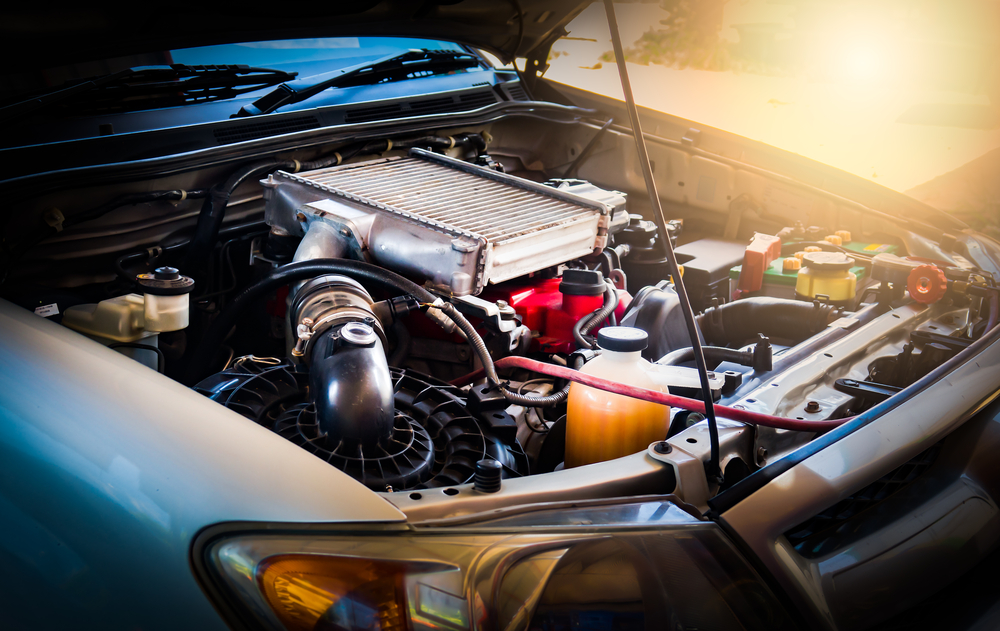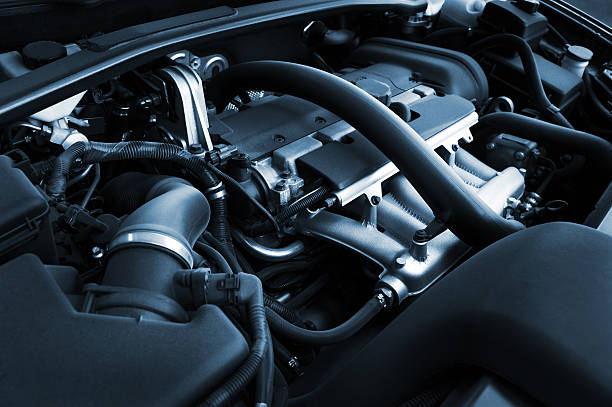Remanufactured Car Engines - Quality and Cost Information Guide
Remanufactured car engines offer drivers a cost-effective alternative to new engine replacements while providing reliable performance. These engines undergo a thorough reconditioning process where worn components are replaced or restored to meet specific quality standards. Understanding the quality indicators, cost factors, and benefits of remanufactured engines can help vehicle owners make informed decisions when facing major engine repairs.

Remanufactured Car Engines - Quality and Cost Information Guide
Remanufactured engines represent a significant segment of the automotive aftermarket, providing vehicle owners with cost-effective alternatives to brand-new engine replacements. Unlike simple repairs or used engine swaps, remanufacturing involves completely disassembling engines, inspecting every component, and rebuilding them to original equipment manufacturer specifications.
What Quality Standards Apply to Remanufactured Car Engines?
Remanufactured engines must meet stringent industry standards that often exceed those of used engines. The Engine Remanufacturers Association establishes guidelines requiring complete disassembly, thorough cleaning, and inspection of all components. Critical parts like pistons, rings, bearings, and gaskets are typically replaced with new components, while engine blocks and heads undergo machining to restore original specifications.
Quality control processes include pressure testing, dimensional verification, and performance benchmarking. Reputable remanufacturers maintain ISO certifications and follow automotive industry quality management systems. These standards ensure that remanufactured engines deliver performance comparable to new units while maintaining durability expectations.
Understanding Cost and Price Factors for Remanufactured Engines
Several variables influence remanufactured engine pricing, making cost estimation complex. Engine size, complexity, and availability of core units significantly impact final prices. Popular engine configurations typically cost less due to higher production volumes and readily available cores. Specialty or high-performance engines command premium pricing due to limited availability and specialized rebuilding requirements.
Labor costs, parts availability, and regional market conditions also affect pricing structures. Engines requiring extensive machining work or rare components naturally increase overall costs. Additionally, warranty coverage length and comprehensiveness influence pricing, with longer warranties typically commanding higher prices.
Finding Reliable Remanufactured Car Engines Providers and Dealers
The remanufactured engine market includes national chains, regional specialists, and local automotive machine shops. Each provider type offers distinct advantages depending on customer needs and budget constraints. National providers often maintain extensive inventories and standardized quality processes, while local shops may offer personalized service and competitive pricing.
| Provider Type | Services Offered | Cost Range | Warranty Period |
|---|---|---|---|
| National Chains | Complete engines, installation | $2,500-$6,000 | 12-36 months |
| Regional Specialists | Custom rebuilds, performance upgrades | $3,000-$8,000 | 24-60 months |
| Local Machine Shops | Basic rebuilds, core exchanges | $1,800-$4,500 | 6-24 months |
| Online Retailers | Direct sales, shipping nationwide | $2,000-$5,500 | 12-36 months |
Prices, rates, or cost estimates mentioned in this article are based on the latest available information but may change over time. Independent research is advised before making financial decisions.
When selecting providers, verify certifications, warranty terms, and customer reviews. Established businesses with strong local reputations often provide better long-term support than unknown online sellers.
Key Benefits of Choosing Remanufactured Car Engines
Remanufactured engines offer compelling advantages over new and used alternatives. Cost savings typically range from 40-60% compared to new engines while providing significantly better reliability than used units. Environmental benefits include reduced waste and resource consumption, as remanufacturing extends the useful life of existing engine components.
Performance characteristics often match or exceed original specifications due to updated components and improved manufacturing tolerances. Many remanufactured engines incorporate design improvements and updated parts that address known weaknesses in original designs. This combination of affordability, reliability, and performance makes remanufactured engines attractive for many vehicle owners.
Installation Considerations and Long-Term Value Assessment
Proper installation significantly impacts remanufactured engine longevity and performance. Professional installation ensures correct torque specifications, proper fluid levels, and appropriate break-in procedures. Many warranty claims result from installation errors rather than engine defects, making qualified technician selection crucial.
Pre-installation preparation includes inspecting related systems like cooling, fuel delivery, and electrical components. Worn or damaged auxiliary components can compromise new engine performance and void warranties. Comprehensive system evaluation before installation prevents costly complications and ensures optimal long-term value.
Long-term value depends on maintenance adherence, driving conditions, and vehicle age. Remanufactured engines in well-maintained vehicles often provide years of reliable service, making them excellent investments for vehicles worth preserving. However, installing expensive remanufactured engines in high-mileage vehicles with multiple system problems may not provide adequate return on investment.
Making Informed Remanufactured Engine Decisions
Successful remanufactured engine purchases require careful evaluation of multiple factors including vehicle condition, budget constraints, and long-term ownership plans. Quality remanufactured engines from reputable providers offer excellent value propositions for appropriate applications. Understanding quality standards, pricing factors, and installation requirements enables informed decision-making that maximizes investment returns while ensuring reliable transportation for years to come.




